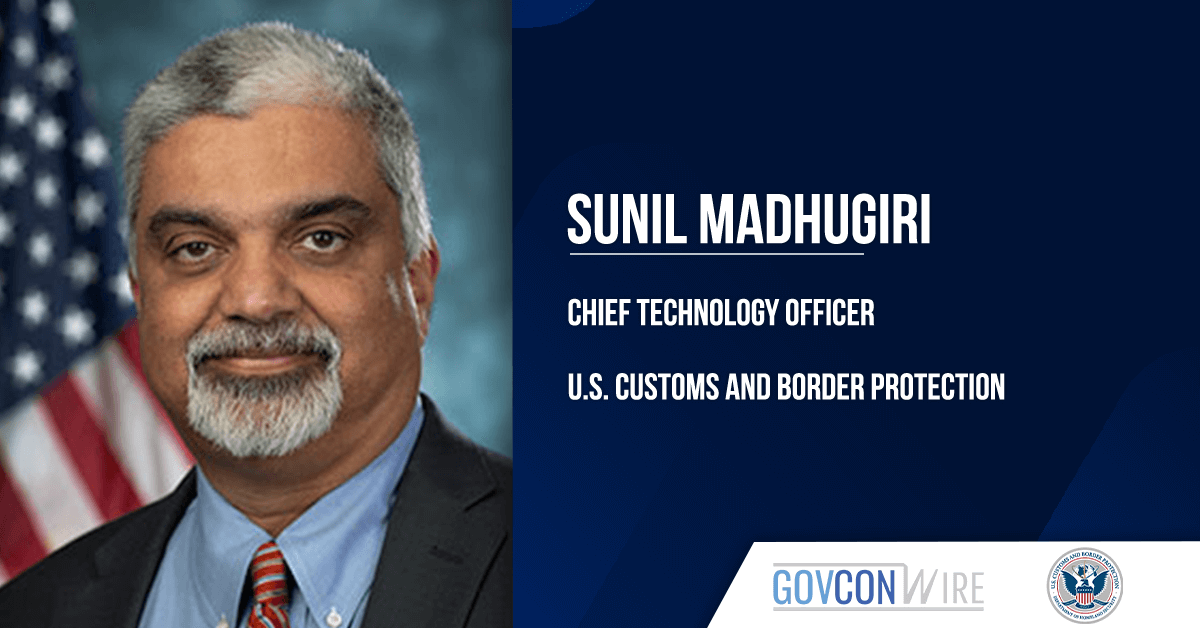The artificial intelligence revolution has touched nearly every corner of the vast federal landscape in the last few years, even at agencies like the U.S. Customs and Border Protection. AI-powered models and predictive analytics are not new for CBP, but now, the agency is taking a step into new territory by integrating generative AI into its applications.

Hear genAI insights directly from CBP CTO Sunil Madhugiri at the 2024 Homeland Security Summit hosted by the Potomac Officers Club on Nov. 13. Madhugiri will be speaking on a panel with CISA CIO Bob Costello and other government and industry decision makers. Join the 2024 Homeland Security Summit to be a part of the conversation.
CBP’s Top AI Use Cases
CBP is leveraging AI across multiple use cases today. The agency is looking to use AI/ML to speed up biometric processing capabilities, assist with drug detection at U.S. border checkpoints and propel IT modernization.
Madhugiri has also highlighted document summarization, video analysis and image analysis as potential areas where generative AI can help. He said at the 2023 Homeland Security Summit that these areas will help CBP officers and agents save a significant amount of time.
Combatting GenAI Biases
CBP previously used data generated within the agency to power its predictive analytics models, but it now relies on industry for this data. This, Madhugiri said, is prompting CBP to more closely evaluate the potential biases being built into the models.
“These models — we’re not building them ourselves. They’re coming from a provider, either from the commercial area or from open source. It’s extremely critical that we take care of scans and everything else,” Madhugiri said at the Identity Week America conference in September.
“Neural networks have biases. Humans write the neural networks. They figure out which path to choose, and based on that you can have biases. We are trying to make sure that those biases are the best we can have.”
Data Privacy and Security
As AI becomes more and more integrated across the public and private sectors, the technology is sparking new conversations about the importance of data security, privacy and ethics. Especially as AI becomes a part of systems like drones, CBP is taking a closer look at how AI impacts privacy.
“When you make decisions, you have to make sure your privacy rights, security component, everything is taken care of. The United States is a nation of laws, and we absolutely take that very seriously across the board, both from biometric components all the way to data retention and everything else,” said Madhugiri.
Register for the 2024 Homeland Security Summit on Nov. 13 to meet, learn from and network with leaders from CBP, DHS, CISA, TSA and other homeland security-focused agencies.



